The Red Envelope: Billkin and PP Krit’s Take on a Love Story Beyond the Grave
In a cinematic landscape saturated with remakes, reboots and sequels, you might ...
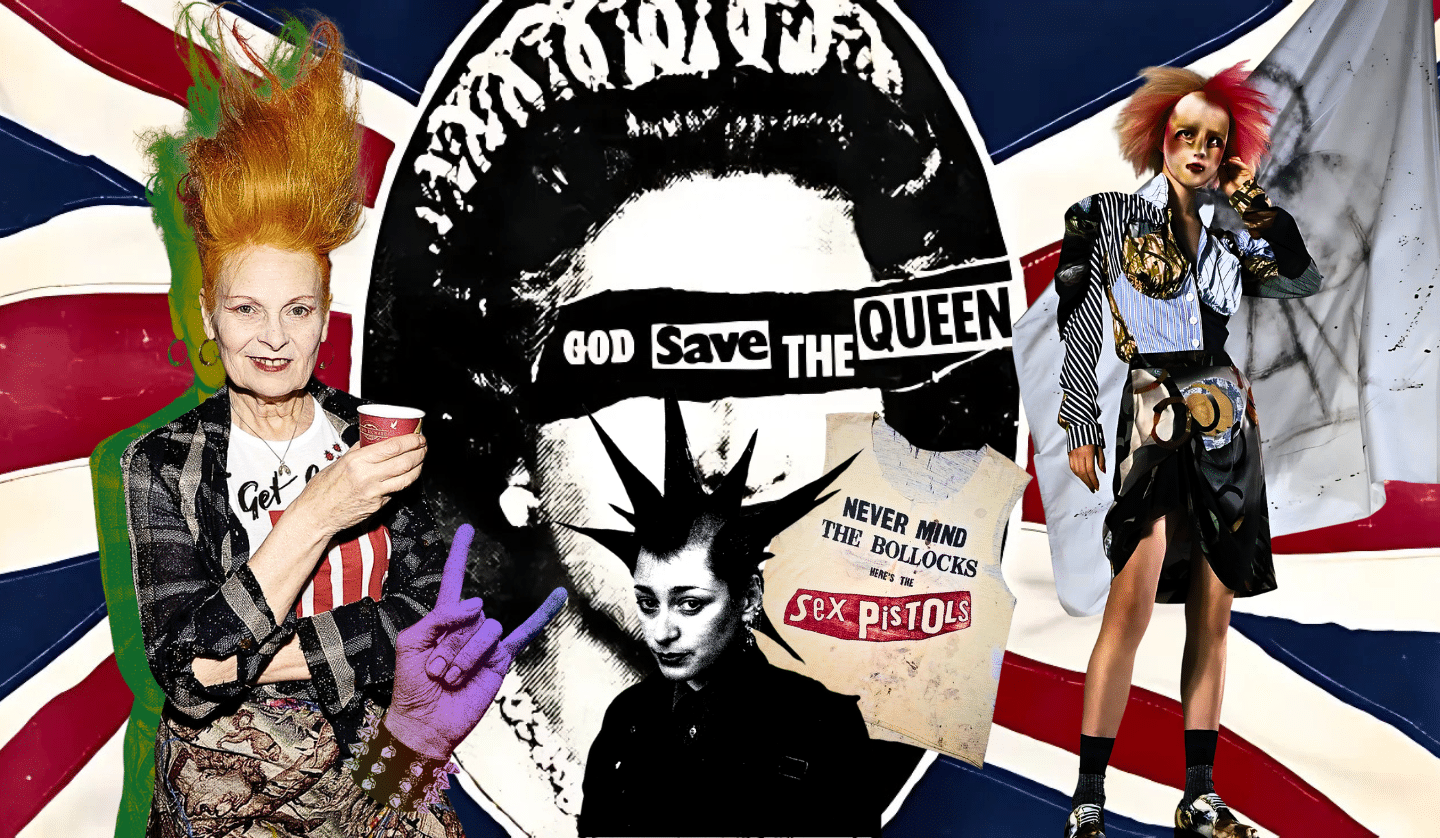
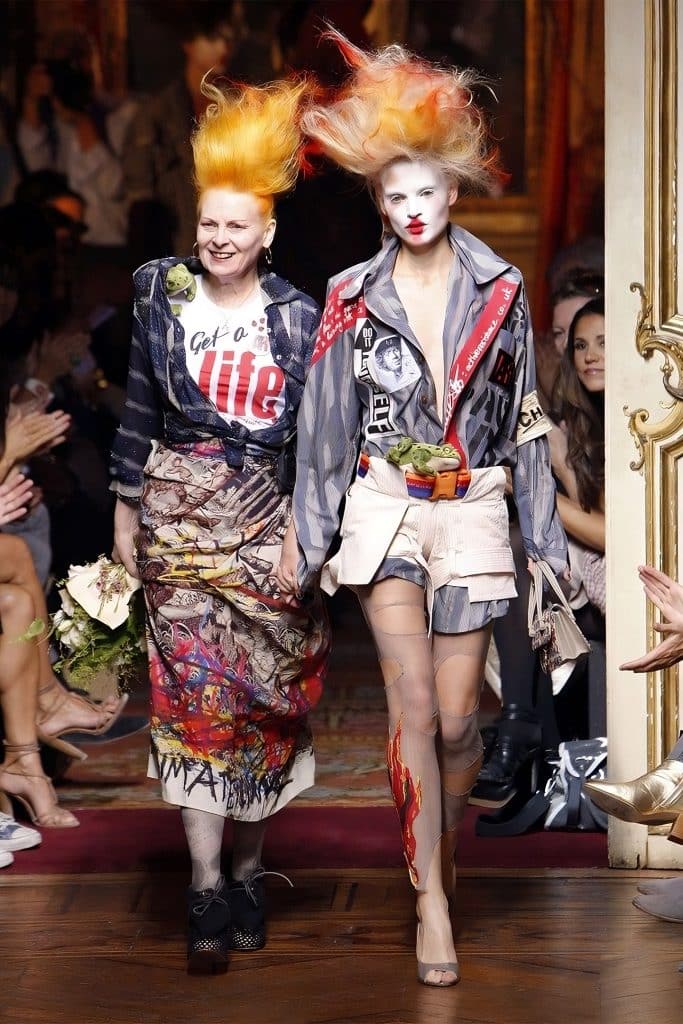
In the heart of London’s punk revolution, Dame Vivienne Westwood helped shape the anti-authoritarian image. In the 1970s, she opened SEX on King’s Road with then-partner Malcolm McLaren. It became one of the main hubs of the UK punk scene. Operated by McLaren, the shop outfitted the puck band Sex Pistols in noticeably ripped, safety-pinned, slogan-covered clothing, brazenly defying fashion standards.
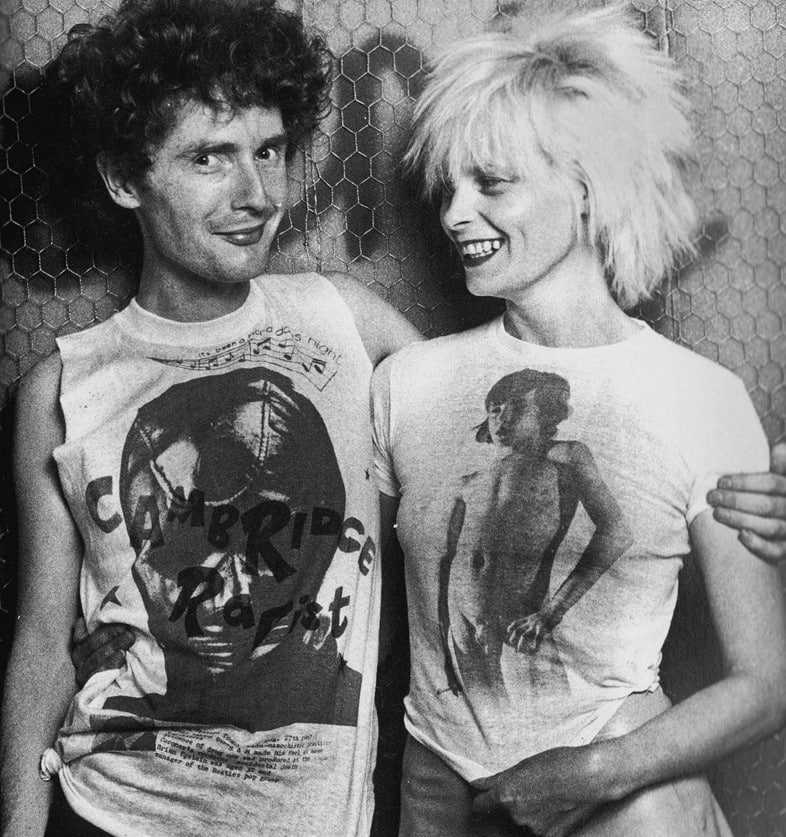
Westwood’s designs were aggressive, rebellious and politically charged. She used provocative imagery, bondage elements and DIY aesthetics to challenge authority and, by extension, consumer culture. Her work helped shape punk’s visual identity, transforming it from an underground movement into a fashion statement.
Over the years, Westwood ventured far beyond this trend, creating bold New Romantic and pirate-inspired looks while staying true to her rebellious, anti-establishment roots. We lost her on 29 December 2022, at the age of 81, but her legacy remains untouchable. Yet, there’s still debate over whether the fierce, anarchic spirit of her early work has been swallowed up by the commercial forces of luxury fashion.
Who Cares if Today’s Buyers Are Forgetting Westwood’s Punk Roots?
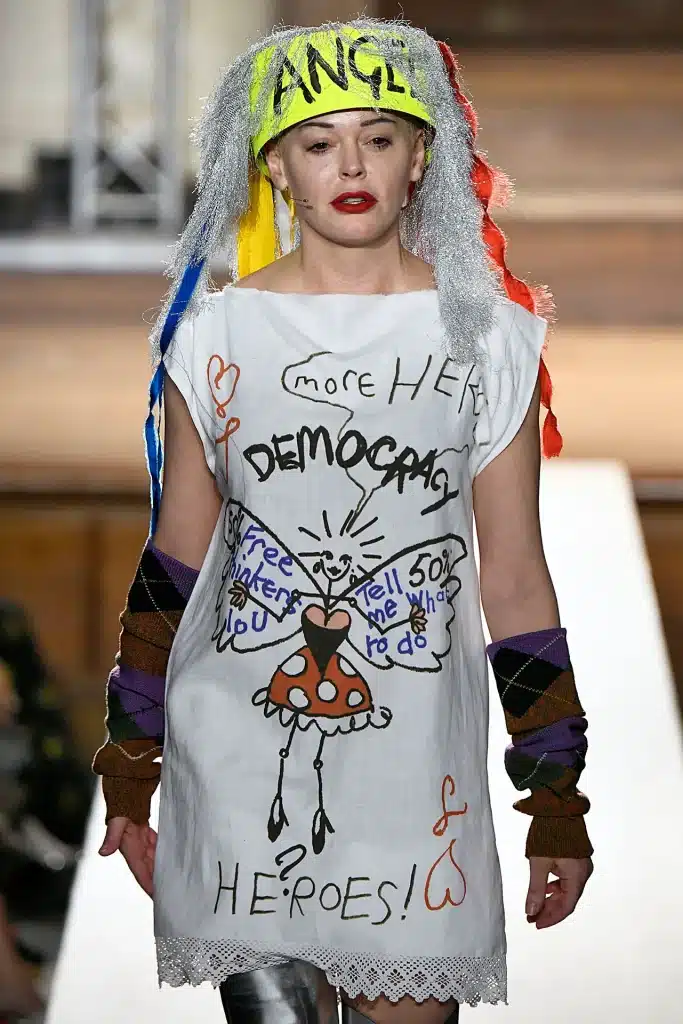
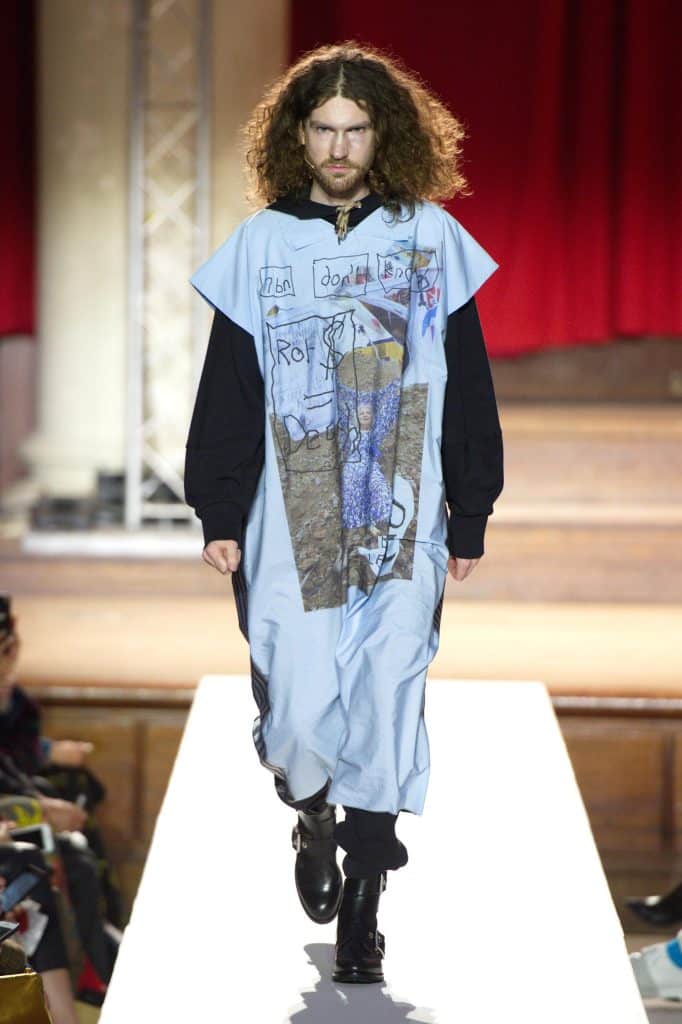
Vivienne Westwood Fall Winter 2019 Collection – London Fashion Week
Vivienne Westwood has undeniably established herself as a high-fashion icon. Signature pieces like the Bas Relief pearl choker are still flying off shelves—spot a handful in any major city from London to Bangkok. As sales soar, critics question whether the rebellious spirit that once defined the brand has faded. Have today’s consumers become more enamoured with the aesthetic than the defiant spirit that birthed it? Do they even need to care?
Westwood’s legacy is inextricably linked to her activism and the punk ethos she championed throughout her life. Her designs weren’t mere fashion statements—they were calculated acts of rebellion aimed at challenging societal norms. Bondage trousers and provocative slogan T-shirts became her tools of defiance. As she once declared, “I was messianic about punk, seeing if one could put a spoke in the system in some way.”
When punk transforms from a movement into a curated look, something fundamental shifts. The commercialisation of punk fashion risks diluting its revolutionary intent. Recent internal tensions within the Vivienne Westwood brand highlight this struggle. Westwood’s granddaughter Cora Corré resigned from the company, accusing CEO Carlo d’Amario of betraying the brand’s core values by undermining its environmental and humanitarian activism and withholding royalties.
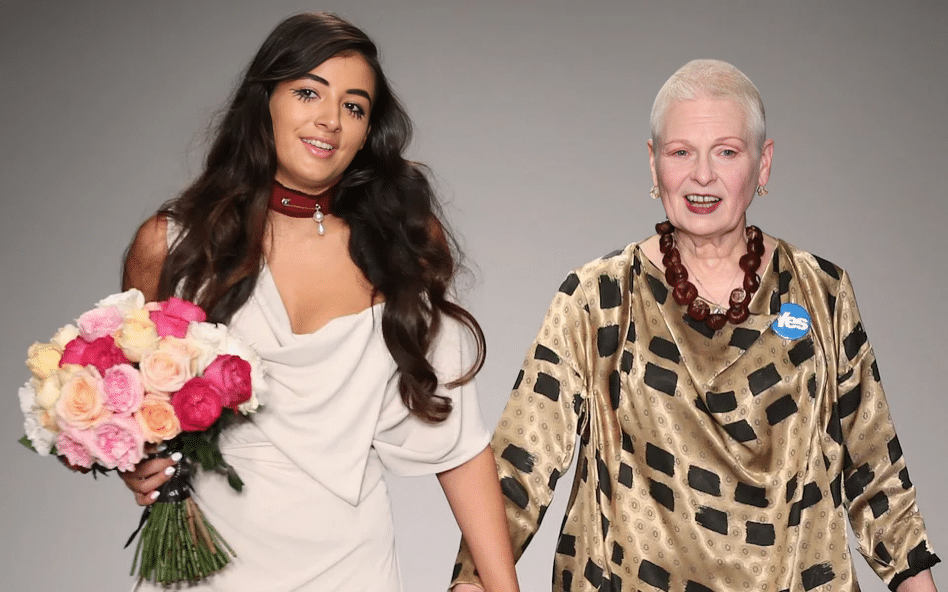
The brand’s recent collaborations and internal conflicts point to a pivot towards commercialisation—one that seems at odds with Westwood’s activist spirit. Corré’s departure stands as perhaps the most vivid testament to the ongoing struggle between preserving the brand’s original ethos and meeting market demands.
As punk fashion evolves into a luxury commodity, its transformative power may wane. Yet perhaps what matters isn’t whether today’s buyers understand punk’s origins, but that Westwood’s spirit of rebellion continues to spark conversations about fashion’s role in social change.
Vivienne Westwood Once Said, “If It’s Popular, It’s Not Culture”
Vivienne Westwood has long critiqued mainstream culture for its tendency to prioritise consumerism over authenticity, famously stating, “If it’s popular, it’s not culture.”
In her Active Resistance to Propaganda manifesto, she condemned the passive consumption of entertainment in favour of more meaningful cultural engagements like reading, visiting art galleries and attending the theatre. Her view of punk, which began as a raw, rebellious movement, is similarly scathing; she once described its rise to commercial success as “just a marketing opportunity,” arguing that its essence was diluted once it became a commodity.
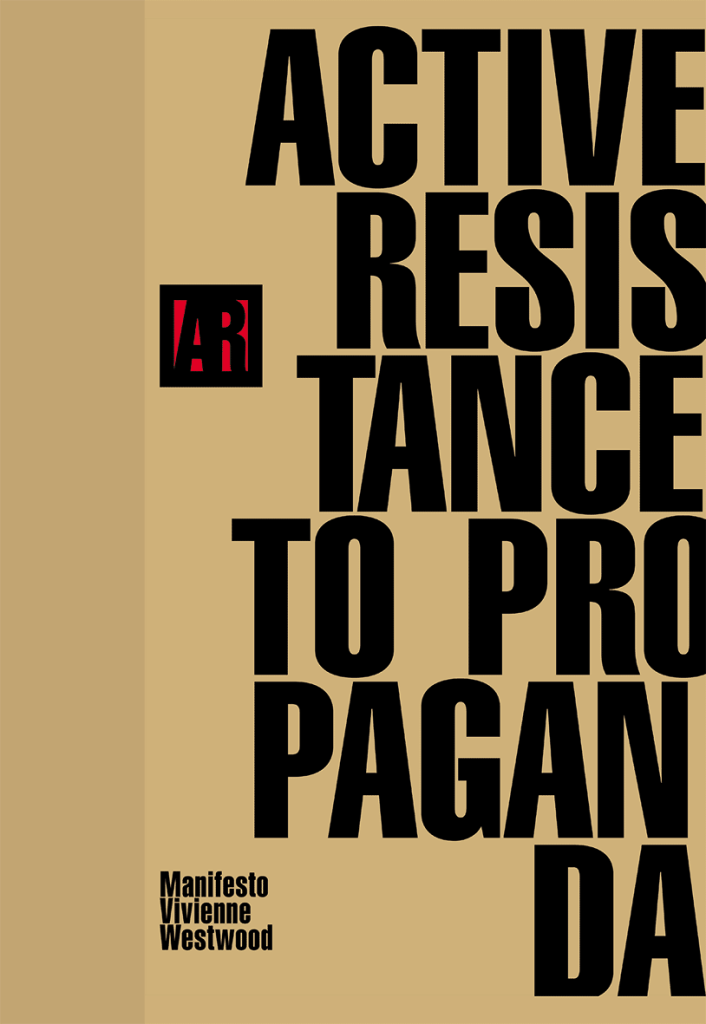
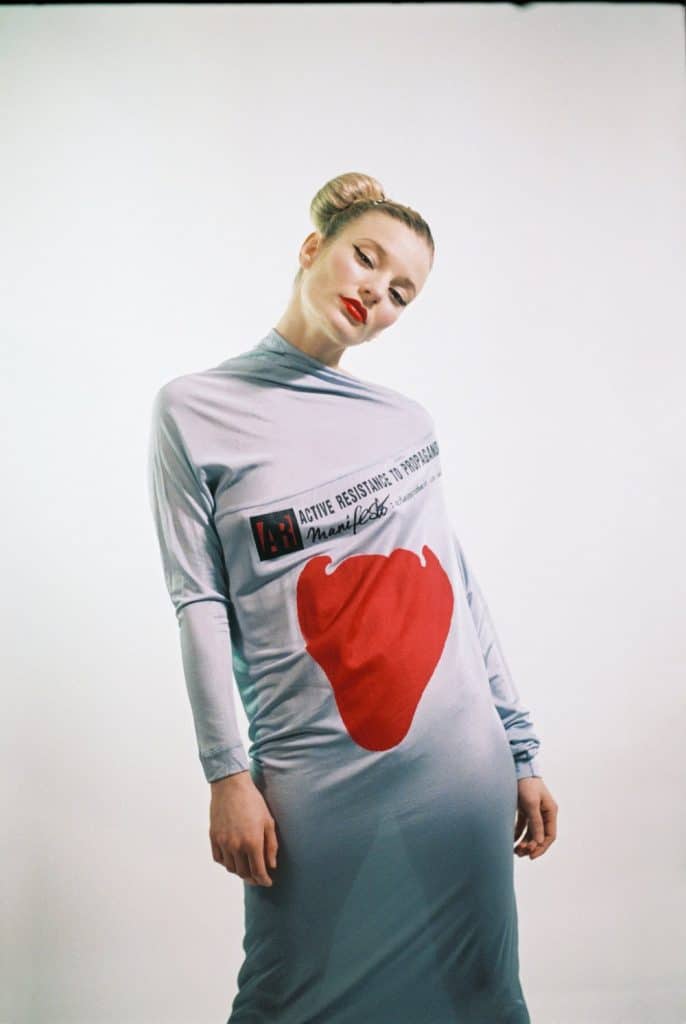
Today, high-end fashion houses continue to strip punk of its revolutionary roots, borrowing from its aesthetics without embracing its democratic anti-establishment ethos. In contrast, designers like Marcus Zhang with his RiotCore label are pushing for a return to punk’s authentic spirit, creating subversive pieces from upcycled materials at accessible prices.
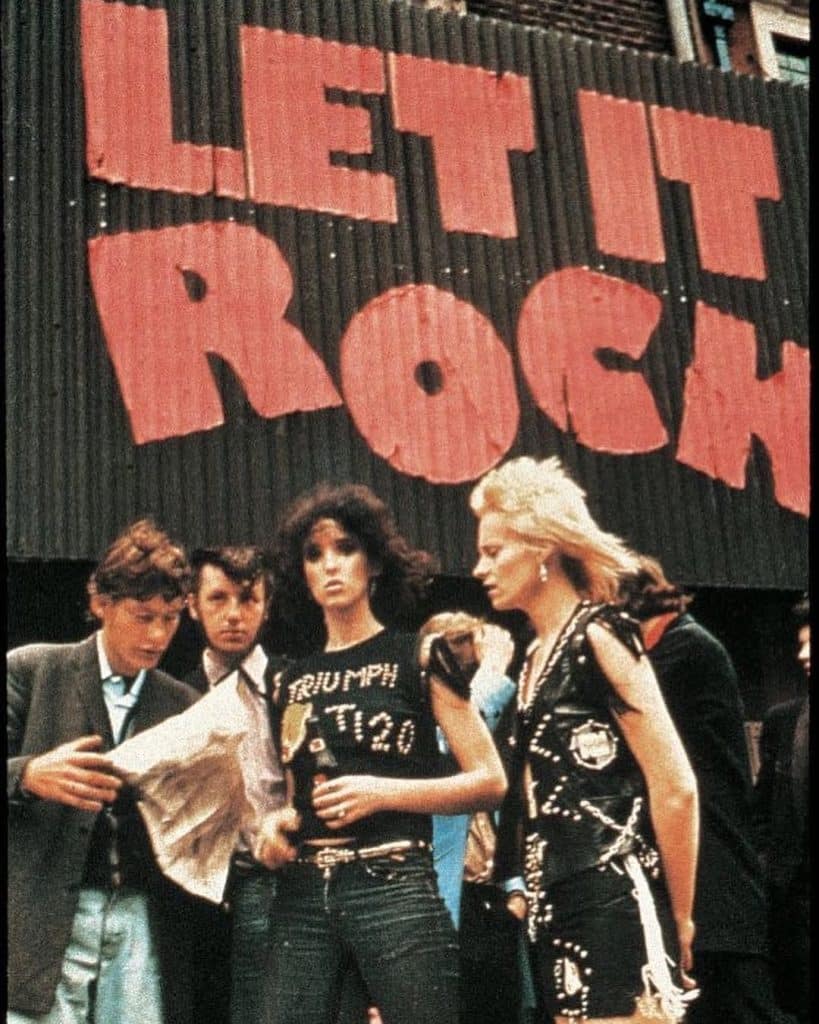
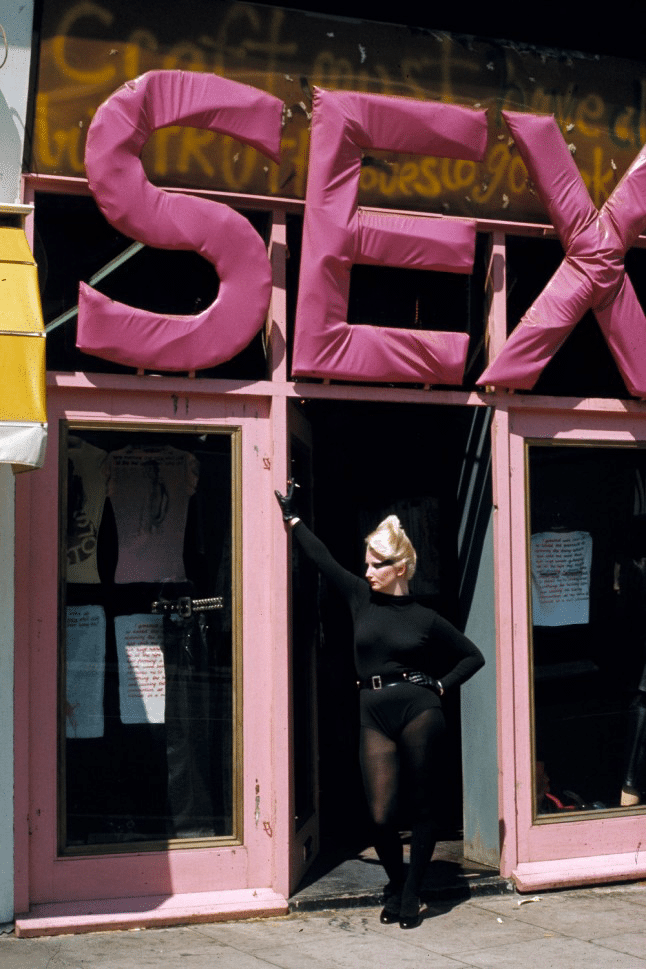
When Westwood opened her SEX boutique, which evolved from Let It Rock—a space that originally sold 1950s rock ‘n’ roll-inspired clothing—she aimed to cause a confrontation, not just dress people. Now, as fast fashion saturates the market and the climate crisis demands more sustainable solutions, perhaps the true punk revolution lies not in luxury boutiques, but in the streets, with designers brave enough to challenge the status quo. Westwood’s core values of rebellion, authenticity and freedom can still be remembered and are more relevant than ever when we ensure that the fight for authenticity and a more sustainable liberated future continues.
So for now, we can say punk isn’t dead; we’re just biding our time for the next wave of rebels to carry its spirit into a new era of authenticity.
In a cinematic landscape saturated with remakes, reboots and sequels, you might ...
Find out more about your celeb favourites and their most loved vacation ...
These top 5 barber shops in Bangkok are where gentlemen can elevate ...
While traditional TV shows are serving us endless boy-meets-girl tales. Thailand has ...
Sailorr and Molly Santana’s black grills fuse hip-hop swagger with homage to ...
Netflix Thailand has officially announced a new price for base subscriptions We’ve ...
Wee use cookies to deliver your best experience on our website. By using our website, you consent to our cookies in accordance with our cookies policy and privacy policy